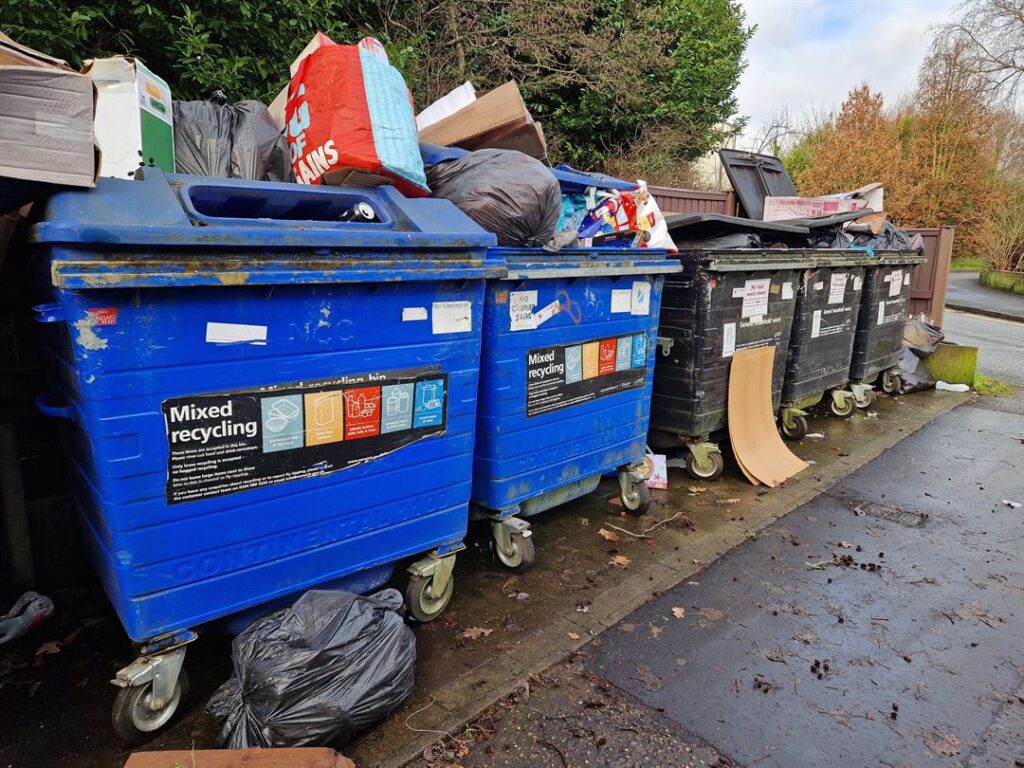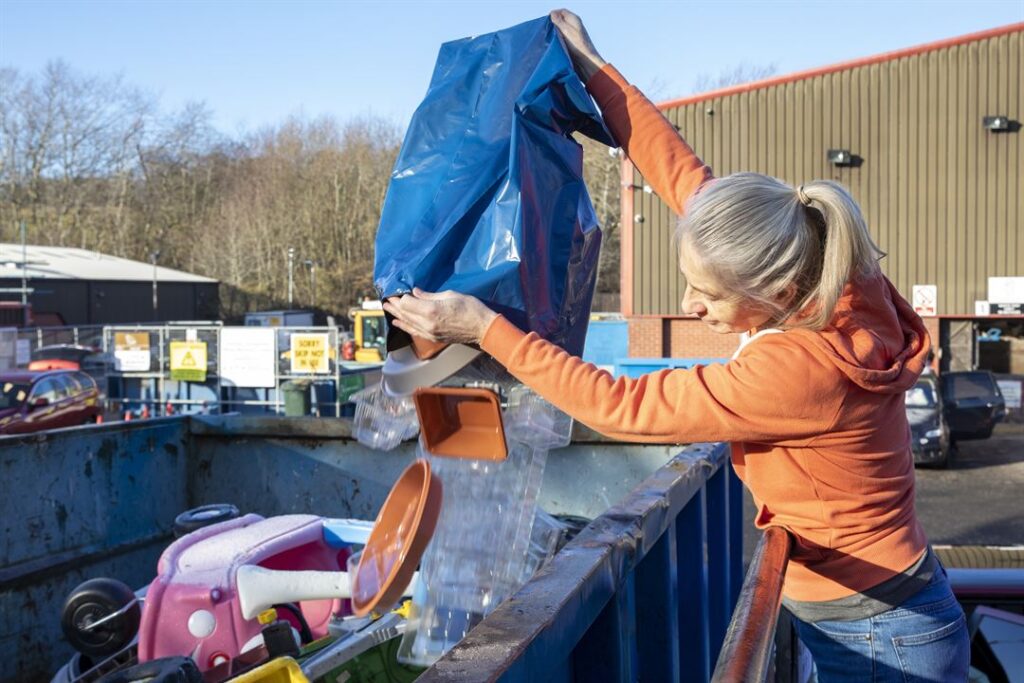As of August 2024, over 330 UK local councils have declared a climate emergency, representing a significant majority of local authorities across the country. This widespread recognition of the need for urgent climate action is driving local governments to explore innovative solutions that enhance sustainability and operational efficiency, particularly in waste management.
Waste bins, whether for street litter, residential areas, or businesses, form a crucial part of the urban landscape. Traditionally, waste collection has been based on fixed routes and schedules, often leading to inefficiencies. In densely populated areas, collection vehicles frequently make multiple trips along the same roads to service bins that may not require immediate attention, leading to unnecessary costs, increased carbon emissions, and over-servicing.

Non-recyclable materials mixed with recyclables.

Hazardous materials pose risks to workers.

Manual sorting is time consuming and prone to errors.

Inefficiencies lead to higher operational costs.

Adhering to regulatory standards.



Meaha provides a robust suite of tools that empower local authorities to create more efficient, sustainable, and clean urban environments. By leveraging advanced AI and smart technologies, councils can meet the growing demands of urban waste management while supporting broader climate action initiatives.
Copyright 2024 MEAHA All rights reserved.